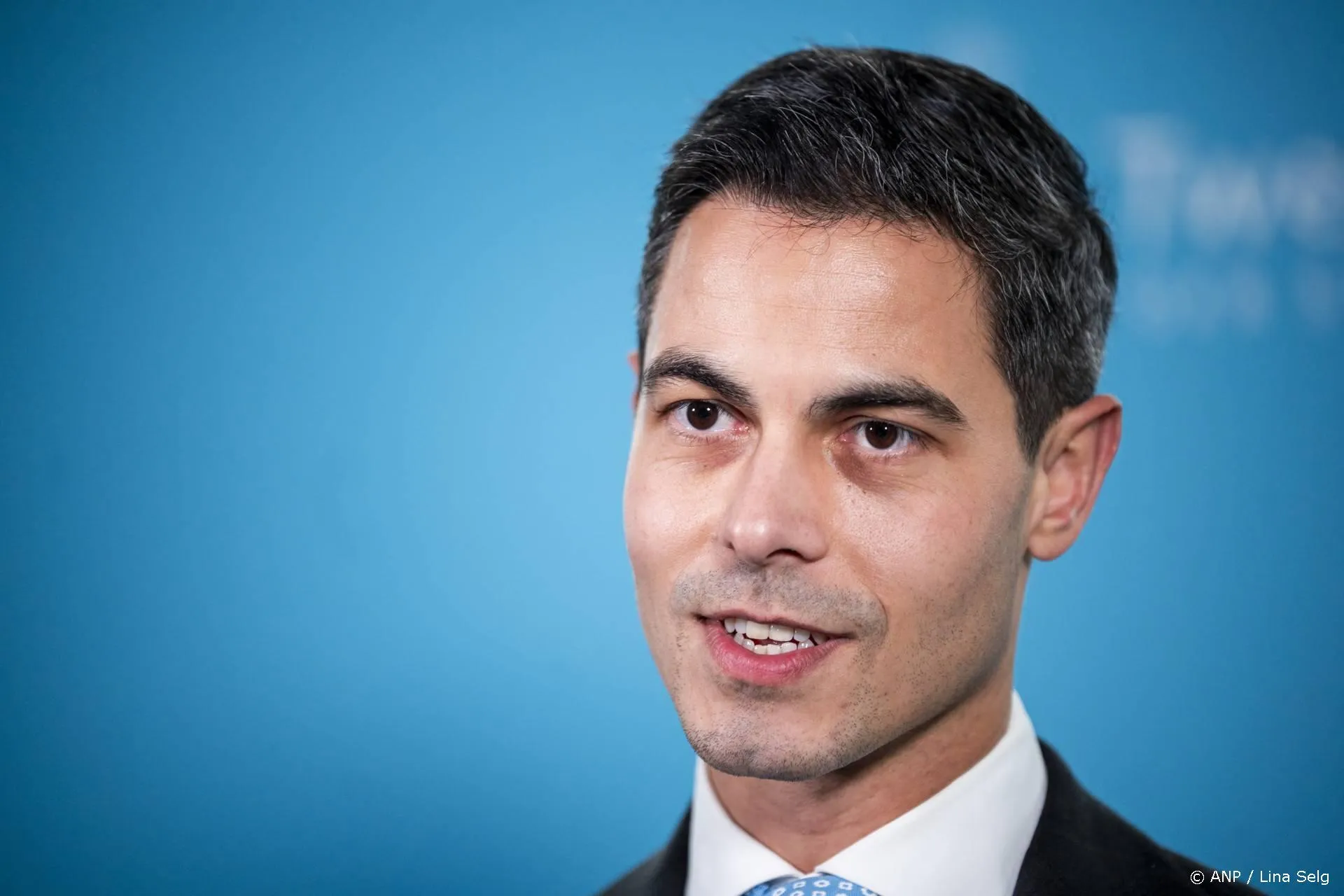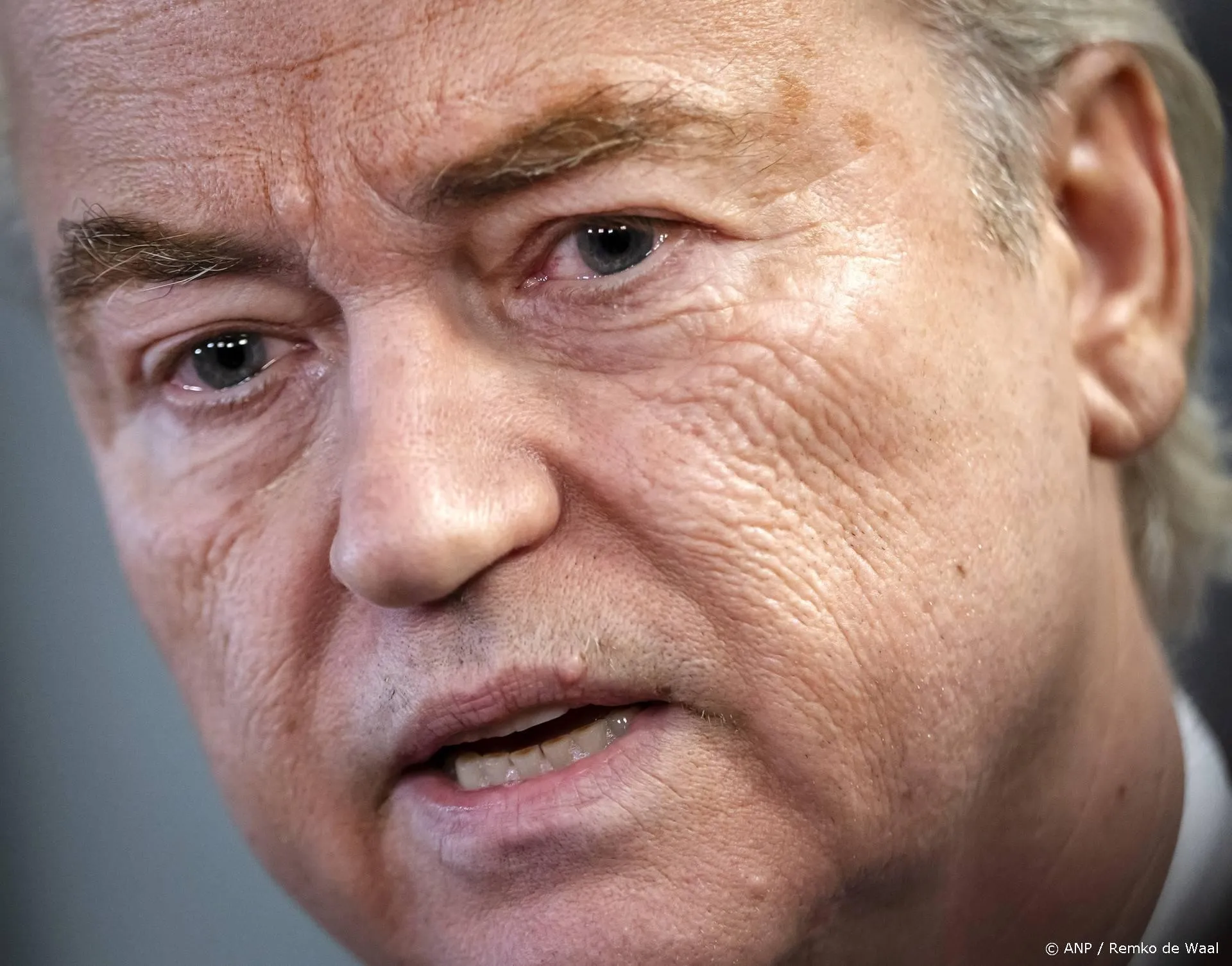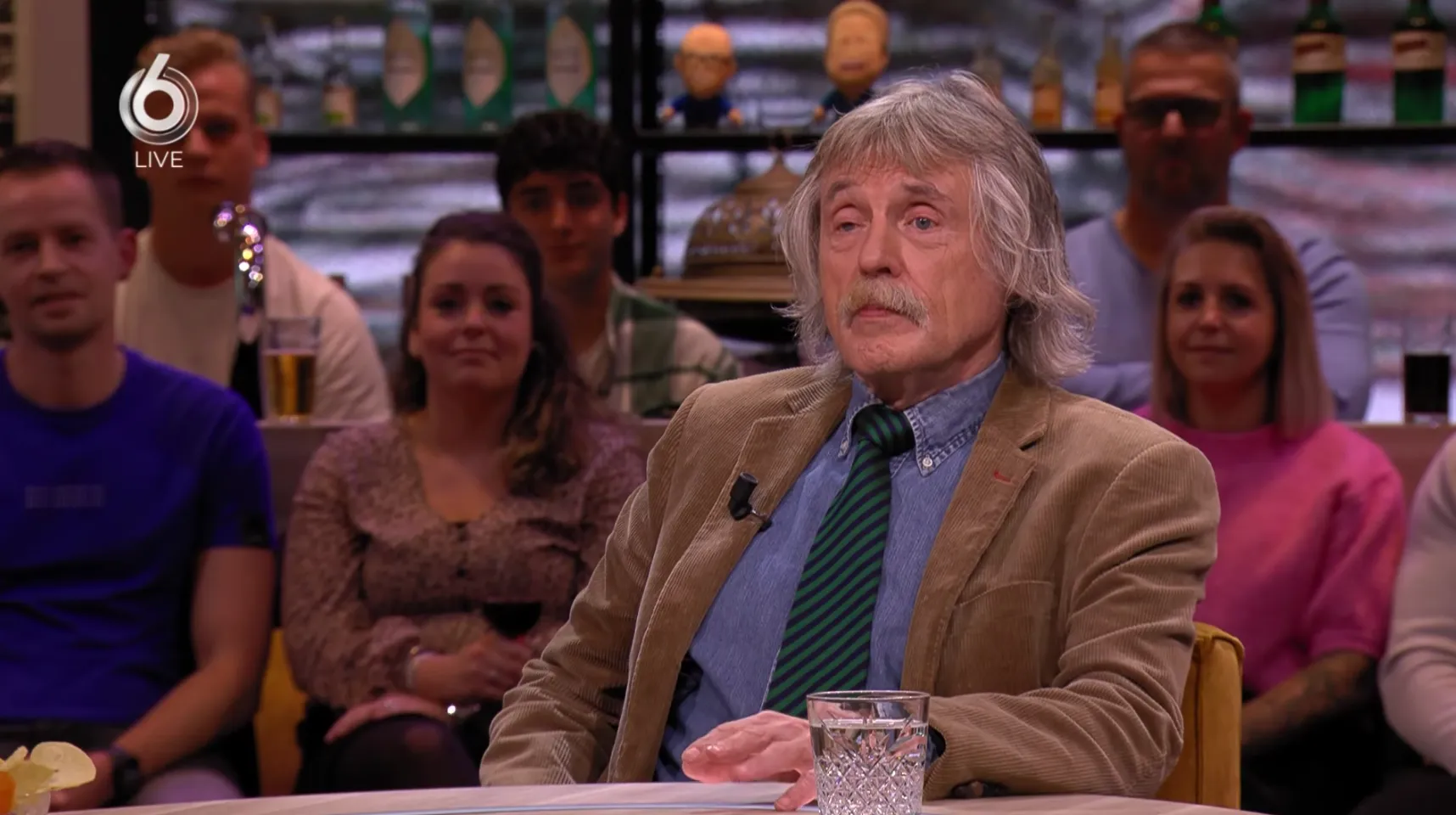Matt Ridley over het meest waarschijnlijke klimaatscenario
In tegenstelling tot de alarmistische verhalen die we altijd horen, is de mainstream consensus dat het allemaal wel mee zal vallen.
Onder de titel, 'Junk Science Week: IPCC commissioned models to see if global warming would reach dangerous levels this century. Consensus is no', schreef Matt Ridley (auteur van 'The Rational Optimist') voor de Canadese 'Financial Post' een opiniestuk over de verschillende senario's die het VN-klimaatpanel (IPCC) heeft gepresenteerd. Op basis van uitspraken van verschillende prominente IPCC-woordvoerders en politici vrezen velen voor een heftige opwarming van de aarde. Maar de onderliggende IPCC-rapporten schetsen een heel ander, veel gematigder beeld. Matt Ridley heeft het voor ons uitgezocht.
The debate over climate change is horribly polarized. From the way it is conducted, you would think that only two positions are possible: that the whole thing is a hoax or that catastrophe is inevitable. In fact there is room for lots of intermediate positions, including the view I hold, which is that man-made climate change is real but not likely to do much harm, let alone prove to be the greatest crisis facing humankind this century.
After more than 25 years reporting and commenting on this topic for various media organizations, and having started out alarmed, thats where I have ended up. But it is not just I that hold this view. I share it with a very large international organization, sponsored by the United Nations and supported by virtually all the worlds governments: the Intergovernmental Panel on Climate Change (IPCC) itself.
The IPCC commissioned four different models of what might happen to the world economy, society and technology in the 21st century and what each would mean for the climate, given a certain assumption about the atmospheres sensitivity to carbon dioxide. Three of the models show a moderate, slow and mild warming, the hottest of which leaves the planet just 2 degrees Centigrade warmer than today in 2081-2100. The coolest comes out just 0.8 degrees warmer.
Now two degrees is the threshold at which warming starts to turn dangerous, according to the scientific consensus. That is to say, in three of the four scenarios considered by the IPCC, by the time my childrens children are elderly, the earth will still not have experienced any harmful warming, let alone catastrophe.
But what about the fourth scenario? This is known as RCP8.5, and it produces 3.5 degrees of warming in 2081-2100. Curious to know what assumptions lay behind this model, I decided to look up the original papers describing the creation of this scenario. Frankly, I was gobsmacked. It is a world that is very, very implausible.
Ridley gaat vervolgens gedetailleerd in op de veronderstellingen waarop dit scenario is gebaseerd en laat er niets van heel.
Hij concludeert:
That is to say, even if you pile crazy assumption upon crazy assumption till you have an edifice of vanishingly small probability, you cannot even manage to make climate change cause minor damage in the time of our grandchildren, let alone catastrophe. Thats not me saying this its the IPCC itself. ...
The answer to climate change is, and always has been, innovation. To worry now in 2014 about a very small, highly implausible set of circumstances in 2100 that just might, if climate sensitivity is much higher than the evidence suggests, produce a marginal damage to the world economy, makes no sense. Think of all the innovation that happened between 1914 and 2000. Do we really think there will be less in this century? ...
Lees verder hier.
En zo schuift het VN-klimaatpanel geleidelijk steeds verder op in de richting van de klimaatsceptici, zonder dat de verstokte AGWers (AGW = 'Anthropogenic Global Warming').zich daarvan bewust lijken te zijn.
Voor mijn eerdere DDS-bijdragen zie hier.
Ga verder met lezen
Dit vind je misschien ook leuk
Laat mensen jouw mening weten
Lees ook
Loading


